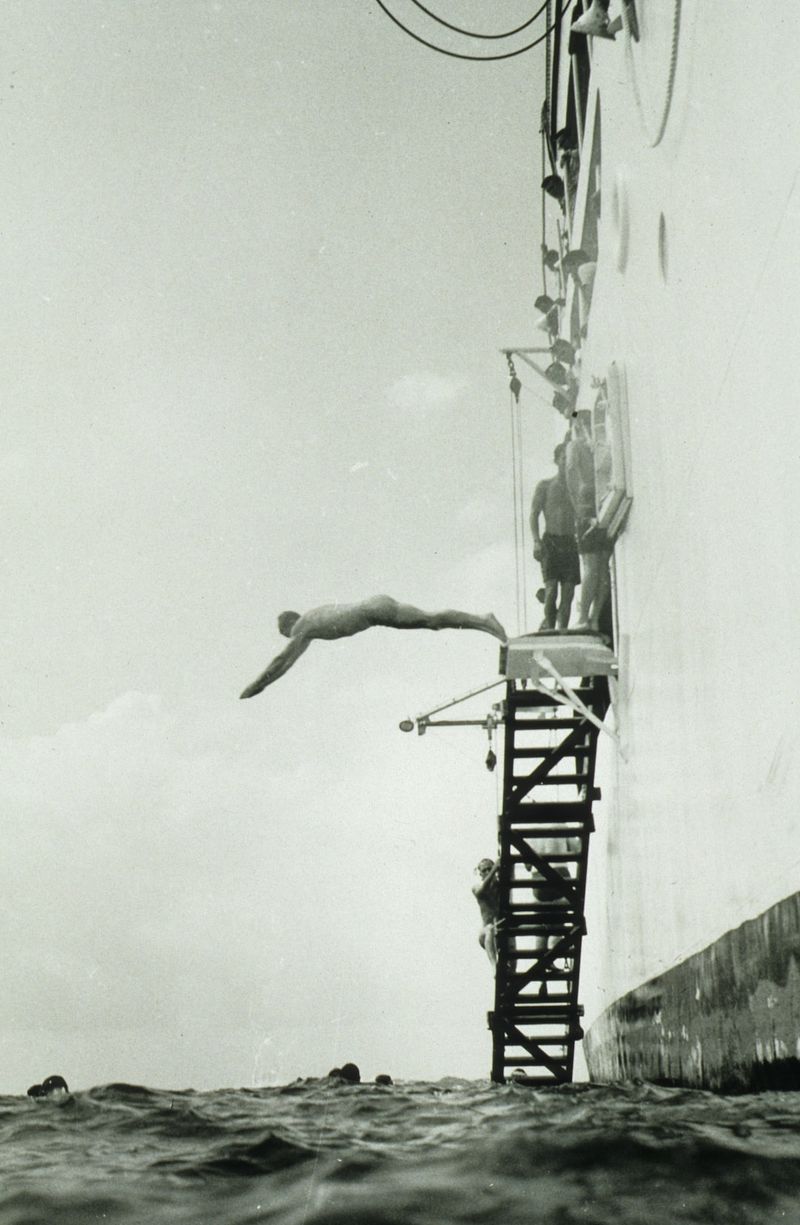Physicist explains how Titan‘s ‘catastrophic implosion’ might have happened–and what it meant for those on board
Understanding the physics of implosion
The recent tragic implosion of the submersible “Titan” has raised questions about how such an event could occur and the implications for its crew. To shed light on these issues, Northeastern Global News interviewed Arun Bansil, a distinguished professor of physics at Northeastern University. According to Bansil, an implosion is the opposite of an explosion, where the force acts inward instead of outward. In the case of a submersible, when the force exerted by water pressure on its surface becomes greater than the hull can withstand, a violent implosion occurs.
The fate of Titan‘s crew
Officials overseeing the search for the submarine reported finding debris that is consistent with a catastrophic implosion. Bansil explains that implosions, like explosions, are highly violent events. As the hull breaks apart under the immense external pressure, a substantial amount of energy is released. Consequently, the five occupants on board Titan would have died instantly, without experiencing pain or realizing what had happened.
The engineering challenges of deep-sea exploration
Submarines are designed to navigate the crushing depths of the ocean by utilizing hulls that can withstand the tremendous external water pressure. Traditional materials like steel, titanium, and aluminum have been well-studied and proven effective under extreme stress. However, Titan had an experimental design that predominantly used carbon fibers, offering the advantage of being lighter and providing more space for passengers.
Unfortunately, the properties of carbon fibers for deep-sea applications are not as well understood as those of conventional materials. Carbon fibers can crack and break suddenly, making them less reliable under extreme conditions. Bansil notes that the fact that Titan had previously dived to great depths a few times likely contributed to the hull’s fatigue, making it more prone to catastrophic failure.
Editorial: Lessons from the Titan tragedy
The tragic implosion of the submersible Titan raises important questions about the risks and responsibilities involved in deep-sea exploration. It serves as a poignant reminder of the inherent dangers of venturing into extreme environments, where the slightest miscalculation or unknown factor can have devastating consequences. While exploration is essential for scientific progress and understanding our world, it must always be accompanied by rigorously tested technology and a keen appreciation of the potential risks involved.
The case of Titan also highlights the need for thorough research into new materials and technologies before deploying them in high-stakes situations. As Bansil points out, the experimental design of Titan‘s hull using carbon fibers, while promising in terms of weight reduction and increased passenger space, ultimately proved to be insufficiently reliable. This tragedy underscores the importance of rigorously testing new technologies and thoroughly understanding their limitations before relying on them in critical situations.
Advice: Balancing exploration and safety
Humanity has always been driven to explore the unknown, and the deep ocean is one of the last frontiers on our planet. However, we must heed the lessons of the Titan tragedy to ensure that exploration is conducted responsibly and safely. Here are some recommendations:
1. Thoroughly test and understand new technologies
Before deploying innovative materials or designs in high-pressure environments, it is crucial to conduct extensive research and testing. This will help identify potential weaknesses and ensure the reliability and safety of the technology being used.
2. Prioritize crew safety
While it is important to push the boundaries of exploration, the safety and well-being of the crew should always be the top priority. This means carefully considering the risks involved and implementing robust safety measures to mitigate those risks.
3. Foster collaboration and knowledge sharing
The pursuit of deep-sea exploration requires collaboration and knowledge sharing among scientists, physicists, engineers, and industry experts. By pooling resources and expertise, we can collectively work towards developing safer and more reliable technologies for exploring the deep ocean.
4. Promote transparency and accountability
In the aftermath of incidents like the Titan implosion, it is vital for companies and organizations involved in deep-sea exploration to be transparent about the causes and lessons learned. This transparency fosters accountability and encourages a culture of continuous improvement and safety enhancement.
5. Assess and manage risks effectively
Deep-sea exploration is not without risks, but it is essential to assess and manage those risks effectively. This includes regularly reviewing and updating safety protocols, incorporating new research and advancements, and ensuring that crew members receive thorough training to respond to emergencies.
By following these recommendations, we can strike a balance between the pursuit of scientific knowledge and the safety of those venturing into the deep ocean. It is only through a combination of thorough research, responsible exploration practices, and continuous improvement that we can maximize the benefits of deep-sea exploration while minimizing the risks involved.

<< photo by Bryan Goff >>
The image is for illustrative purposes only and does not depict the actual situation.
You might want to read !
- Hailstorm Showers Red Rocks: When Natural Forces Disrupt Live Performances
- “Nostalgia Rebooted: Super Mario RPG Set to Make a Comeback on the Nintendo Switch”
- Remaking Super Mario RPG: Analyzing the Impact on Nintendo Switch Gamers
- The Aftermath of Titan Implosion: Navigating the Complexities
- Transportation Safety Board of Canada launches investigation into aviation incident, raising questions of safety protocols and accountability
- Russia’s Accusations Against Wagner Chief: Uncovering Alleged Incitement to Armed Mutiny
- The Peril of the Depths: Unraveling the Catastrophic Implosion Mystery
- Titanic Tourism: Exploring the Tragic Depths with Fatal Consequences
- Oscar Tshiebwe’s Path to the NBA: From Undrafted Free Agent to the Indiana Pacers




